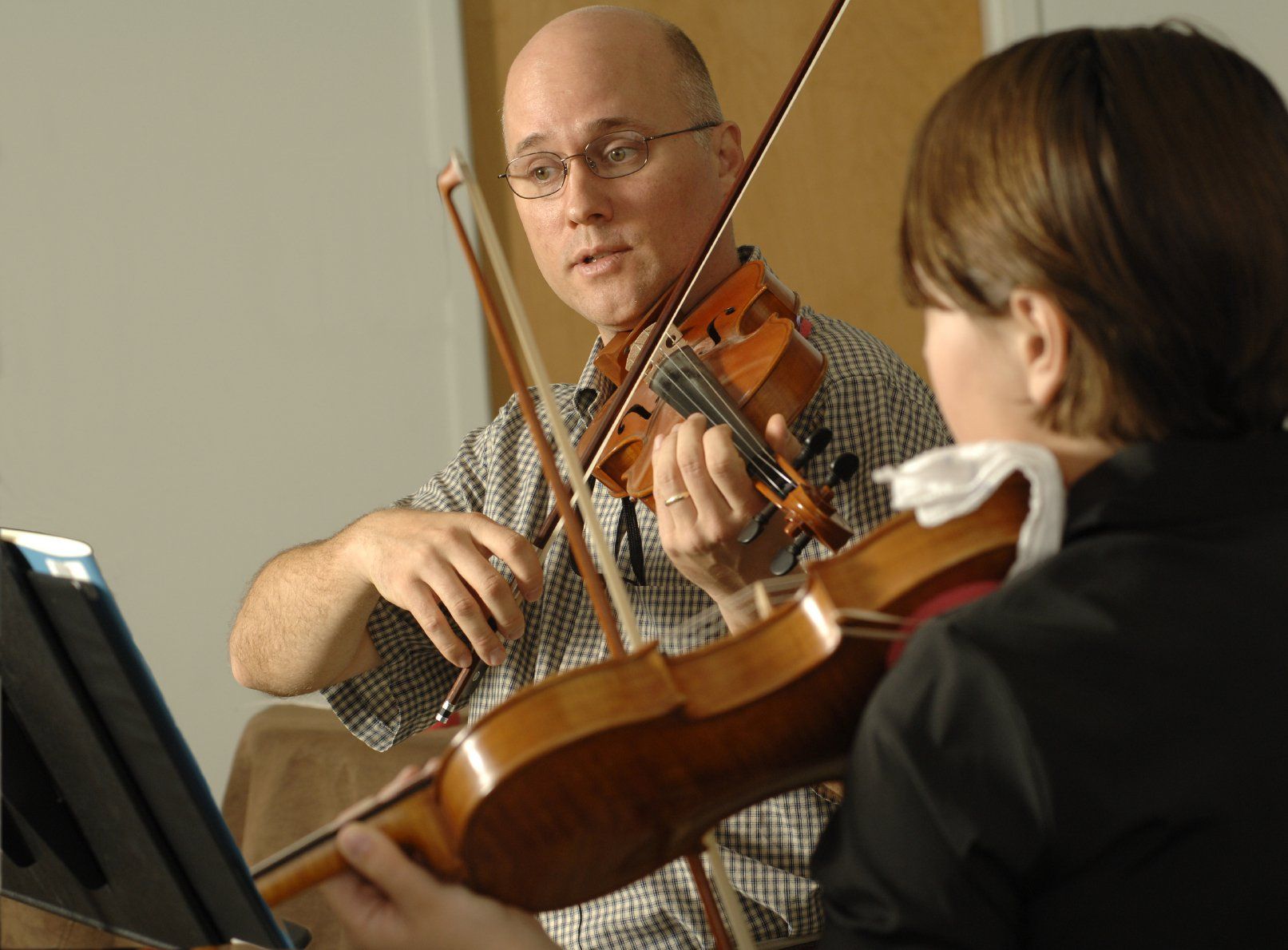Commit to Lifelong Learning
"perpetuam uitae doctrina!"
"Live as if you were to die tomorrow.
Learn as if you were to live forever."
Mahatma Gandhi.

Lifelong Learning for Brain Health
Enrich Your Life! We are here to point you in the right direction and cheer you on.
Learn about the cognitive benefits of lifelong learning.

Seven Benefits of Lifelong Learning for Brain Health
Lifelong learning has a wealth of benefits, especially when it comes to brain health. From improved problem-solving skills to increased focus and concentration, the cognitive benefits of lifelong learning are hard to ignore.
Here, we'll discuss seven benefits of lifelong learning for brain health and how they can help you stay sharp and engaged. Without a healthy brain, life could be quite difficult!
So, do whatever you can to take care of your brain and cognitive health.


Let's Nurture the brain health of our children!
Table of Contents
- Lifelong learning activities can slow age-related decline in brain function
- Lifelong learning activities can improve cognitive function in older adults
- Lifelong learning activities can help protect against Alzheimer's disease and other forms of dementia
- Lifelong learning activities can improve mental well-being
- Lifelong learning activities can increase life satisfaction and self-esteem
- Lifelong learning activities can provide opportunities for social interaction and reduce isolation
- Lifelong learning activities can give you a sense of purpose

One of the biggest benefits of lifelong learning is that it can help slow age-related decline in brain function.
As we age, our brains can start to deteriorate and become less able to process and retain information. Engaging in lifelong learning activities, such as taking continuing education courses, professional development opportunities, online classes, or other forms of educational activities can help to improve memory, focus, and cognitive function.
Studies have found that engaging in lifelong learning activities can help to slow the rate of age-related cognitive decline. In fact, some studies have even suggested that engaging in lifelong learning can even reverse age-related cognitive decline in some cases. Furthermore, engaging in lifelong learning activities can also help to reduce the risk of Alzheimer's disease and other forms of dementia in older adults.
In short, engaging in lifelong learning activities can help to:
- Improve memory,
- Improve focus,
- Improve cognitive function,
- Protect against age-related decline in brain function
- Reduce the risk of dementia.
Taking advantage of continuing education courses, professional development opportunities, and online classes are just a few of the ways that you can engage in lifelong learning and reap the associated mental health benefits.
2). Lifelong learning activities can improve cognitive function in older adults

A major benefit of lifelong learning is that it can help improve cognitive function in older adults.
Lifelong learning can take many forms, including continuing education, online classes, and professional development. Engaging in activities that stimulate the mind can help to improve memory and other mental abilities.
Research has shown that adults who engage in such activities are less likely to experience age-related cognitive decline. For example, one study found that adults who participated in lifelong learning activities for six years had a slower rate of cognitive decline than those who did not engage in such activities. Additionally, engaging in lifelong learning activities can also help to improve mood and reduce stress.
3). Lifelong learning activities can help protect against Alzheimer's disease and other forms of dementia

Lifelong learning can help protect against Alzheimer's disease and other forms of dementia, as it has been shown to improve memory and other cognitive functions.
Studies have found that continuing education activities, such as taking online classes or engaging in professional development, can help reduce the risk of developing these diseases.
In addition to the overall benefits of improving mental health and cognitive function, lifelong learning can also be beneficial in preventing Alzheimer's disease and other forms of dementia.
Taking courses and engaging in activities that challenge the brain, such as puzzles and games, can help keep the mind active and alert. This type of mental exercise may help delay the onset of dementia, as well as slow down its progression if it does occur.
Continuing education activities may also provide social stimulation and interaction, which can help reduce isolation and loneliness in older adults. Socializing with others is an important part of healthy aging and participating in lifelong learning activities can provide an outlet for this. Ultimately, these activities can contribute to an overall sense of well-being and purpose in life, which may help protect against Alzheimer's disease and other forms of dementia.
4). Lifelong learning activities can improve mental well-being

Mental well-being is an important aspect of overall health. Lifelong learning can have a positive impact on mental well-being, helping to improve memory, reduce stress and anxiety, and increase self-esteem. It can also provide a sense of purpose and accomplishment.
Continuing education and professional development opportunities, such as taking classes or seminars, are a great way to stay mentally engaged and boost mental health.
Taking online classes or enrolling in workshops can be an excellent way to explore new interests or delve into old ones.
Lifelong learning can allow you to interact with other learners, exchange ideas, and build meaningful relationships.
All of these activities can help to improve mental well-being and create a more fulfilling life.
5). Lifelong learning activities can increase life satisfaction and self-esteem

Lifelong learning has been proven to increase life satisfaction and self-esteem.
Studies have shown that when people engage in continuing education, they often have a greater sense of control over their lives and have a better outlook on the future. This can be due to several factors, including increased knowledge and understanding, improved memory, and new skills acquired through professional development and online classes.
People who participate in lifelong learning tend to be more confident and self-assured. They are better able to make decisions and solve problems, which leads to greater satisfaction in all aspects of life.

Another major benefit of lifelong learning is that it can provide opportunities for social interaction and help to reduce isolation.
Continuing education and professional development courses, as well as online classes, give people the chance to meet new people and form meaningful connections with others. This can be especially beneficial for older adults who may feel more isolated due to the physical distance from family and friends.
Socializing with others can also improve memory and cognitive function, helping to prevent age-related decline in brain function.
The sense of purpose and accomplishment gained from lifelong learning can also help to boost confidence and self-esteem, providing a sense of belonging and connection.
7). Lifelong learning activities can give you a sense of purpose
Lifelong learning is a great way to give purpose to life and add meaning to one's day-to-day activities.
Learning new skills, engaging in continuing education, and improving memory can all give someone a sense of accomplishment and fulfillment.
Taking online classes, participating in professional development programs, and joining clubs or organizations can all provide a meaningful activity to keep individuals engaged.
Lifelong learning provides an opportunity for individuals to engage with their community, make new friends, and explore interests they may have neglected in the past. It is a great way to stay active and sharp while feeling satisfied and accomplished.
ETEC 510 Brain-based learning
Video courtesy: Desiree5film
Lifelong Learning and Brain Health - Summary.
Lifelong learning, the process of acquiring knowledge and skills throughout one's lifetime, has been proven to have numerous benefits for the human brain.
Research has shown that engaging in continuous learning and intellectual challenges can positively affect cognitive functioning, memory, and overall brain health.
1). Build cognitive reserve
Firstly, lifelong learning helps to build cognitive reserve, which refers to the brain's ability to withstand age-related changes and continue to function at a high level. Studies have found that individuals who regularly engage in learning activities, such as reading, learning a new language, or playing a musical instrument, have greater cognitive reserve and are less likely to experience cognitive decline as they age.
2). Improve memory and attention span
Lifelong learning can improve memory and attention span. A study published in the Journal of Applied Research in Memory and Cognition found that older adults who participated in cognitive training exercises, such as memorization and attention tasks, showed improved working memory and attention control compared to those who did not participate in such activities.

3). Learn new skills
Learning new skills and acquiring knowledge has been shown to stimulate the brain's neuroplasticity, which is the brain's ability to reorganize and form new neural connections. This can lead to improved problem-solving skills, creativity, and flexibility of thought.
4). Positive effects on mental health
Lifelong learning can also have positive effects on mental health and well-being. A study published in the International Journal of Geriatric Psychiatry found that participating in a weekly education program improved the mood and quality of life of older adults with depression.
Conclusion
In conclusion, lifelong learning has numerous benefits for the human brain, including building cognitive reserve, improving memory and attention span, stimulating neuroplasticity, and promoting mental health and well-being.
By continuously challenging ourselves and engaging in new learning experiences, we can enhance our brain's functioning and potentially reduce the risk of cognitive decline and mental health issues.
Fight the Onset of Dementia - Take Care of Your Brain!
Dementia is not Your Friend!
In our youth, most of us take our brains for granted. We relax into the state of mind which assumes that the brain will be available whenever we call upon it. Furthermore, even if we look after our overall physical health, the brain seems to get the short end of the stick!
Please be reminded that dementia, in its various forms, is no respecter of persons. Dementia, though more prevalent in older persons, can strike at any age. So, let's start early to do whatever we can to take care of our entire body, including the brain, in an effort to delay the onset of dementia as long as possible.
Lifelong learning for brain health:
Put lifelong learning into your battle kit as you fight the potential onset of this condition.

Research and Resources
"Study shows how taking short breaks may help our brains learn new skills."
Take a look at this enlightening article presented by the National Institutes of health. Learn more...









